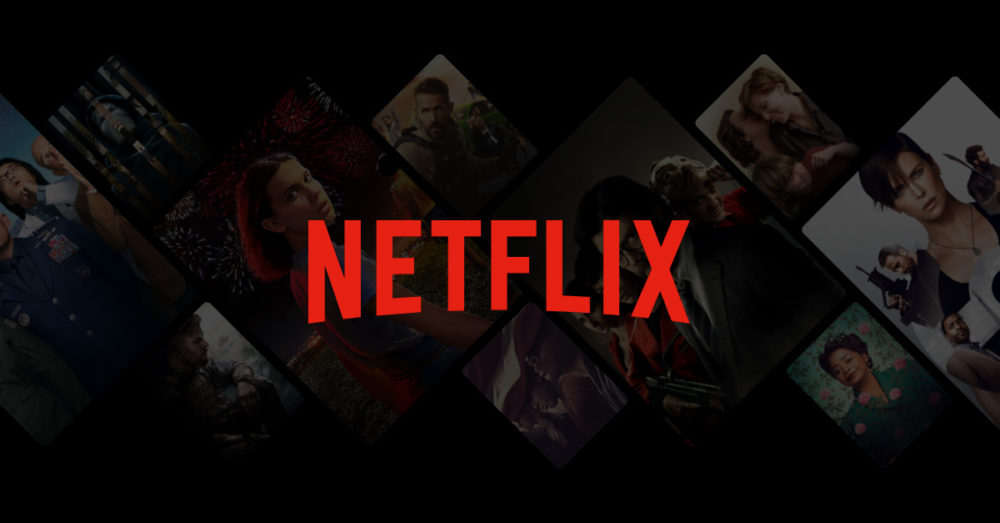
The company behind the movie’s fame.
This French film promotes vice over virtue
The French film Cuties, released on Netflix Sept. 9, 2020, is a total and complete disaster for Netflix and its brand. Not only does the movie promote vice over virtue, it pretty much tells children that it’s “ok” and “courageous” to rebel against their parents and join a disturbing dance group that helps give more credibility to the baseless Q-Anon conspiracy theory.
The movie centers around an eleven-year-old girl named Amy who defies her family and secretly joins a dance group. The group is filled with other girls in her age group competing in a series of inappropriate and highly sexualized dance moves for an adult audience. Amy then faces humiliation at school over uploading inappropriate pictures of herself to the internet, causing her even more distress.
After some time, Amy skips her father’s wedding to join the dance troupe again. With the other prepubescent girls, she competes in a large dance competition while wearing revealing clothes.
The problem with this movie is that it exploits underaged girls in an attempt to frame it as a commentary against the hyper-sexualization of underage children. This movie fails its mission by painting the main character, Amy, as the hero and her family as oppressors.
If the movie makes an argument against sexualizing children, then why would Amy’s family be considered the antagonist? They are trying to stop her from joining a group that I would deem as a demonic dance group.
It is absolutely horrendous and unethical to exploit children in that fashion. The movie’s rating of TV-MA means that even the underaged girls who took part are too young to watch it. A good rule of thumb is that if the actors cannot watch the movie, then they are too young to participate in it, let alone star in its most graphic scenes.
The backlash against Cuties has led to Netflix’s stock falling by 14% between Sept. 1, through Sept. 14, following its promotion and release. This has inspired people to cancel their Netflix subscription and petition the company to remove the film. Sadly, according to a Reason article, the movie could not be considered child pornography because it does not fit federal laws against child pornography and Justice Department and Supreme Court rulings.
This movie’s inappropriate scenes are a big win for pedophiles and sick, depraved people everywhere. Not only is this movie promoted by Netflix, one of the world’s largest streaming platforms, but its endorsement by several mainstream news outlets like The New Yorker and Rolling Stone adds more fuel to the baseless Q-Anon conspiracy on its quest to expose alleged criminals. I personally only watched the trailer and a small clip on YouTube and I found it to be disturbing for everyone. I highly recommend people to not watch this movie.
